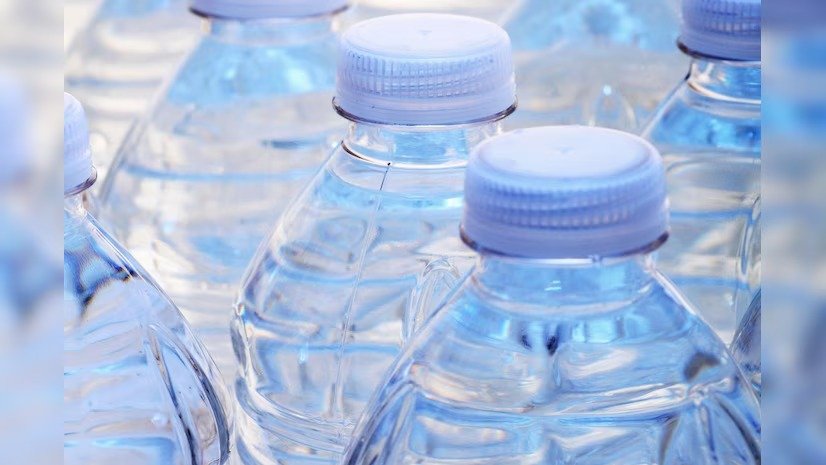India’s food regulatory authority has classified packaged drinking water and mineral water as “high-risk food.” As per a notice from the Food Safety and Standards Authority of India (FSSAI), these items will henceforth undergo inspections and audits.
This action follows the government’s decision in October to remove the requirement for Bureau of Indian Standards (BIS) certification for these items.
According to the revised guidelines, producers and processors are required to complete compulsory inspections prior to receiving licenses or registrations.
Companies involved in high-risk food sectors, like packaged drinking water, must now complete yearly audits performed by third-party food safety agencies authorized by FSSAI.
Also read: Health Talk! How much protein is sufficient for the body?
The FSSAI’s decision to classify packaged drinking water and mineral water as “high-risk food” is not a cause for concern. This does not imply that these products are hazardous. Rather, it guarantees more rigorous safety inspections.
Producers and companies will now be required to undergo routine inspections and annual audits to ensure quality and safety for consumers. This action allows for the implementation of tougher safety standards.
Earlier, the packaged drinking water sector had pushed for simplified regulations, which included eliminating the need for dual certification from both BIS and FSSAI.
In October, the government chose to remove the mandatory Bureau of Indian Standards certification for packaged drinking water. According to the updated regulations, all producers of bottled drinking and mineral water are now required to undergo annual, risk-focused inspections as a condition for securing a license or registration.














